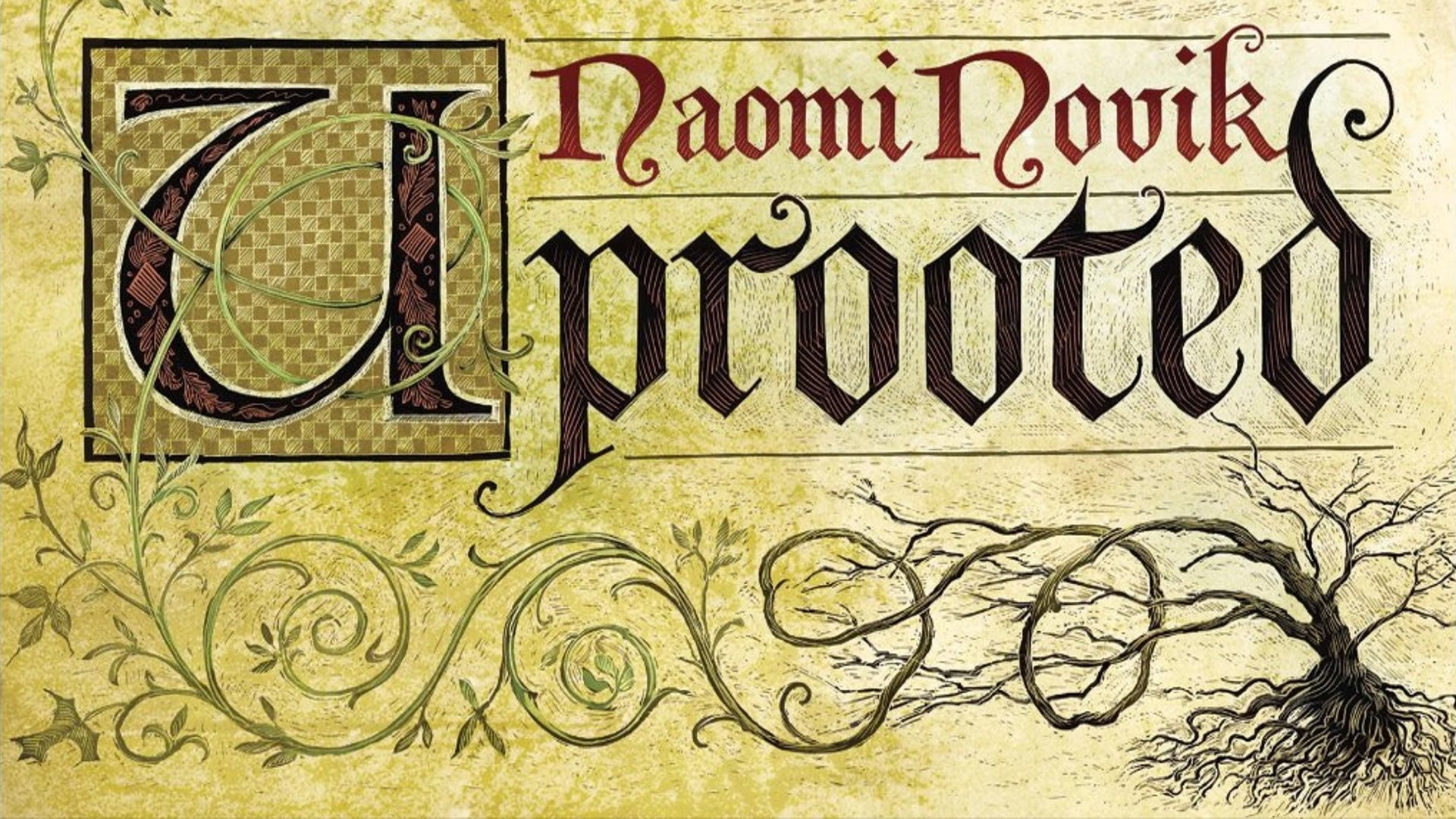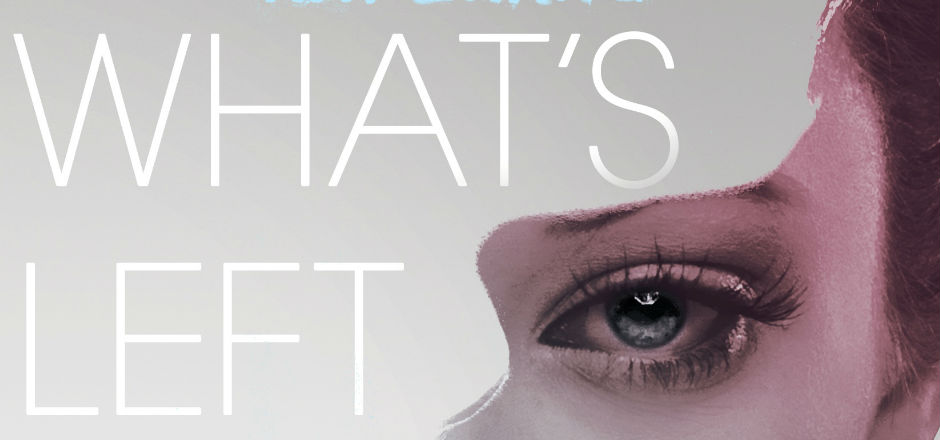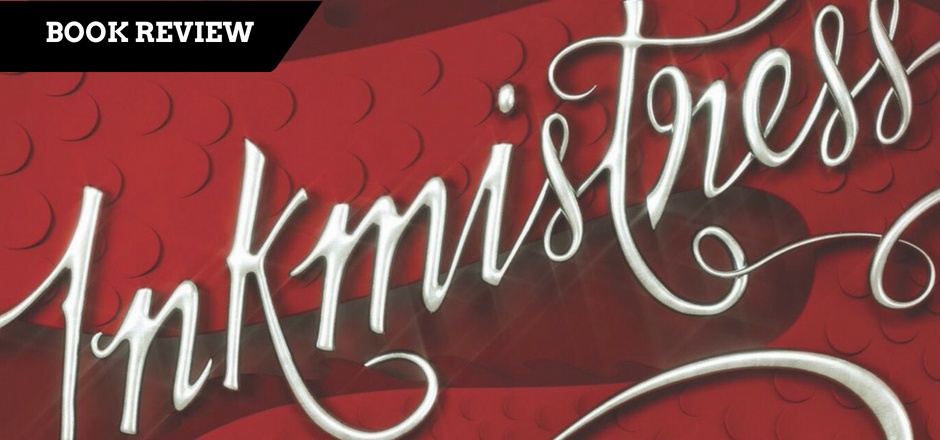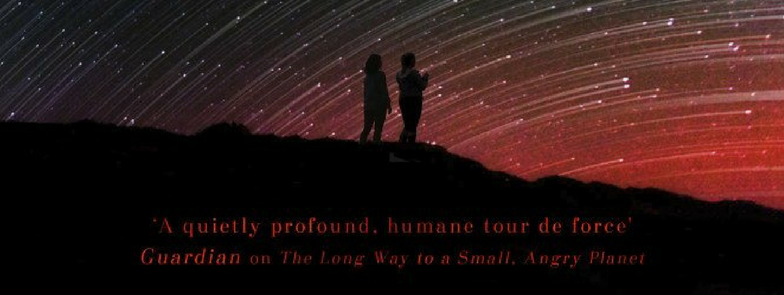This isn’t Naomi Novik’s first walk around the fantasy block. She’s best known for her series Temeraire, a fantasy/alternate history saga that spans eight novels, the first installation of which was nominated for a Hugo Award in 2007. Uprooted is her first standalone novel, a fact that my series-tired self was glad to learn.
Uprooted is, ultimately, a fairytale that’s been upended on its head, and as such there are a lot of familiar elements that leap out at you immediately. There’s the peasant girl, the scary magician that lives in a secluded tower, the dark and sinister forest that may or may not contain evil beings, the handsome prince… it’s a familiar setup. But that’s the point, because Novik is here to pull the rug out from under you and reintroduce these characters as more than the fairytale clichés we’ve become familiar with.
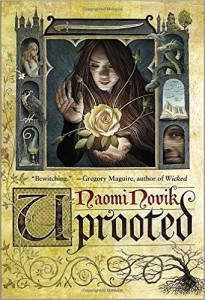 Agnieszka lives in a village where once every ten years, the mysterious magician called the Dragon appears, chooses a girl, and whisks her off to his tower for… well, nobody knows. Every girl emerges from the tower ten years later, but she never returns to her home village and her family and friends never see her again. Agnieszka is convinced that this year, the Dragon will pick her best friend Kasia as his ‘payment’ (payment by the villagers for his help keeping the dark forces of the forest at bay), but — surprise! — the Dragon picks Agnieszka instead.
Agnieszka lives in a village where once every ten years, the mysterious magician called the Dragon appears, chooses a girl, and whisks her off to his tower for… well, nobody knows. Every girl emerges from the tower ten years later, but she never returns to her home village and her family and friends never see her again. Agnieszka is convinced that this year, the Dragon will pick her best friend Kasia as his ‘payment’ (payment by the villagers for his help keeping the dark forces of the forest at bay), but — surprise! — the Dragon picks Agnieszka instead.
For me, this was a very Beauty and the Beast-esque scenario, but Novik does a good job of quickly shedding that skin. The Dragon’s a raging jack-off a lot of time (admittedly sometimes to the point of exasperation on my part) but once Agnieszka proves that she’s more than what he has assumed she is, he calms down and grows more reasonable. And this isn’t meant as a mean jab at Belle, but Agnieszka is actually active in her imprisonment: she learns magic from the Dragon, and he teaches her with all his usual impatience and name-calling.
But even herein lies a great upheaval of the usual fairytale: a woman is being taught a highly-coveted skill in order to one day rise up and defend her home and possibly the kingdom.
What I’m saying is: it’s badass. Agnieszka is a great character — as the reader you’re with her for all of her failures and successes and learning moments, and you get to see her grow from the quiet peasant girl at the beginning of the novel to a brave and, yes, formidable woman by the end.
In my review for Radiant by Karina-Sumner Smith, I gave props to the author and the novel for portraying a female friendship in such a positive and strong light. Uprooted is another novel we can add to the ‘Actually Includes A Positive Depiction Of Female Friendship’ list. (Is there a list like that? There should be one. It’d be short, but there should be one.) Agnieszka’s love for her best friend Kasia is her main motivation, the driving force behind many of her actions, and it’s once again refreshing to see that in a genre where a lot of female-to-female relationships rely on jealousy or resentment amongst each other in order to develop. With Agnieszka and Kasia, it’s all love. And it’s fantastic.
[blocktext align=”left”]Uprooted is another novel we can add to the ‘Actually Includes A Positive Depiction Of Female Friendship’ list.[/blocktext]The flaws, though few, are still present. While Agnieszka is fundamentally a well-constructed character, there are times in the story where I felt too detached from her emotionally, and it made for a strange experience.
For example, there’s a scene early on where she winds up seeing some familiar faces from her childhood, faces that she never thought she’d see again. Any emotional reaction from her is skipped over in favor of exposition; the plot moves forward so quickly that by the next paragraph she’s already doing “stuff” elsewhere.
It was jarring, to say the least. Where was the emotion, the drama, the characterization? It’s all reserved for small moments of introspection later on — a few sentences at most before Agnieszka’s practicality sets in and she “gets on” with things.
I suppose it’s part of her character not to dwell on these things, and while that’s certainly an admirable trait to have, it can backfire if it keeps the reader at arm’s length constantly, too far to reach the character at all. Luckily even with these weird, quasi-exposition moments, Agnieszka is still a lovable character and you do come to understand and sympathize with her as the story progresses. So it’s a flaw, but it’s a flaw that doesn’t have permanent effects on the story as a whole.
If fantasy is your thing and if you’re bone-weary of committing yourself to reading a series, Uprooted should be next on your TBR list. It’s mysterious, it’s intriguing, it’s familiar… and it’s fun. Also, more positive female friendships! Huzzah!
4 out of 5 stars
—
Gabby Taub, the Fantasy Reviewer at Girls in Capes, is a recent graduate of New York University. She enjoys reading, writing, watching TV, and spending time getting lost among the bookshelves at Strand Bookstore.
